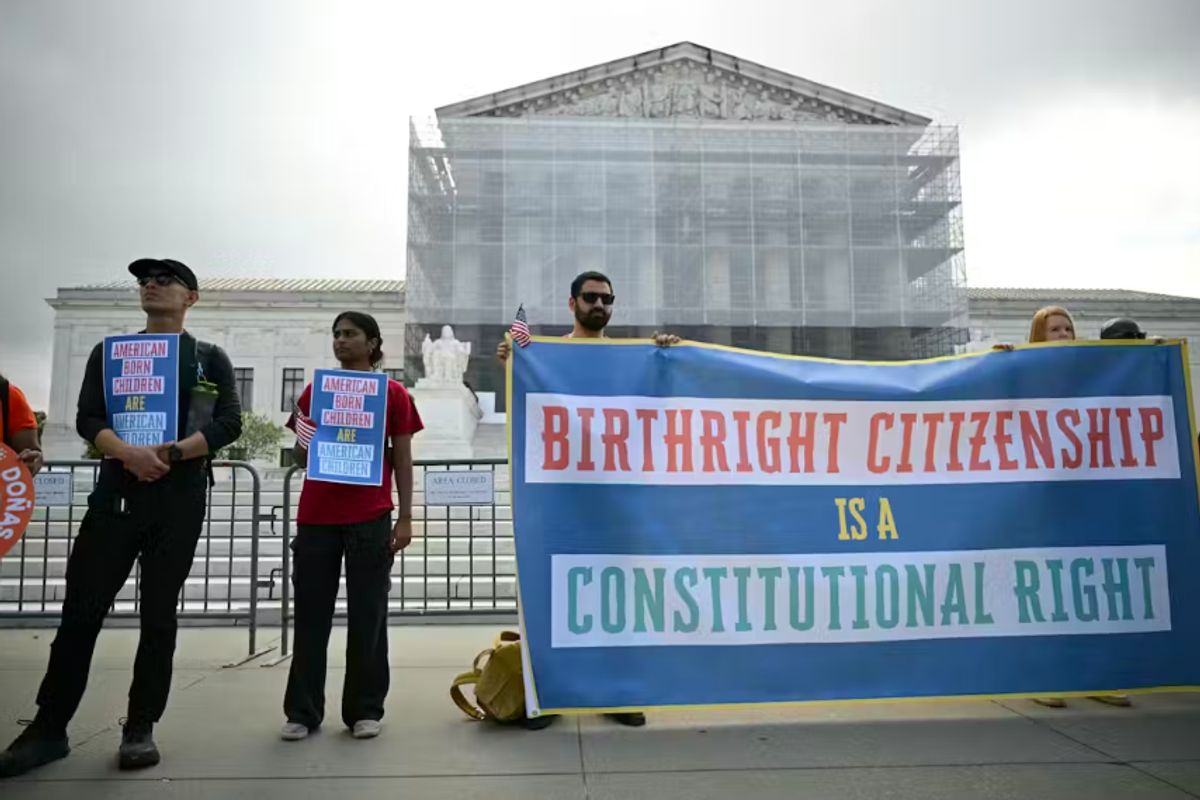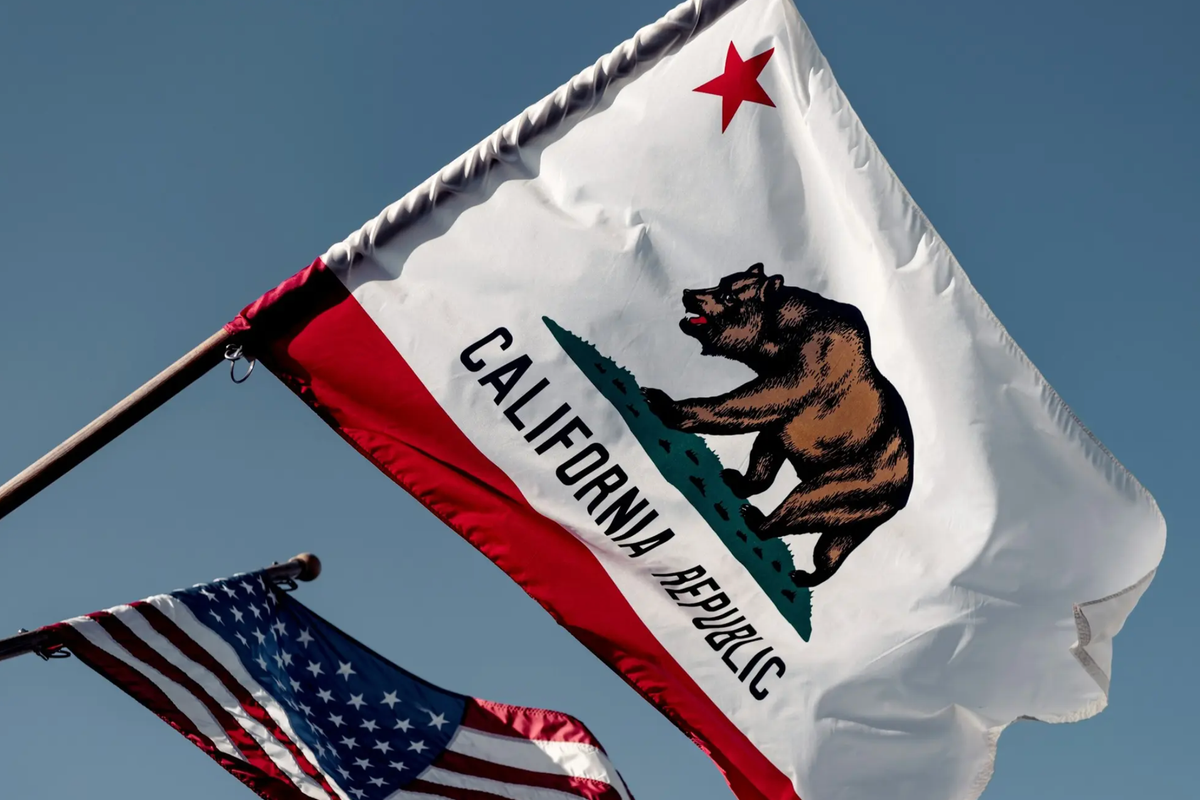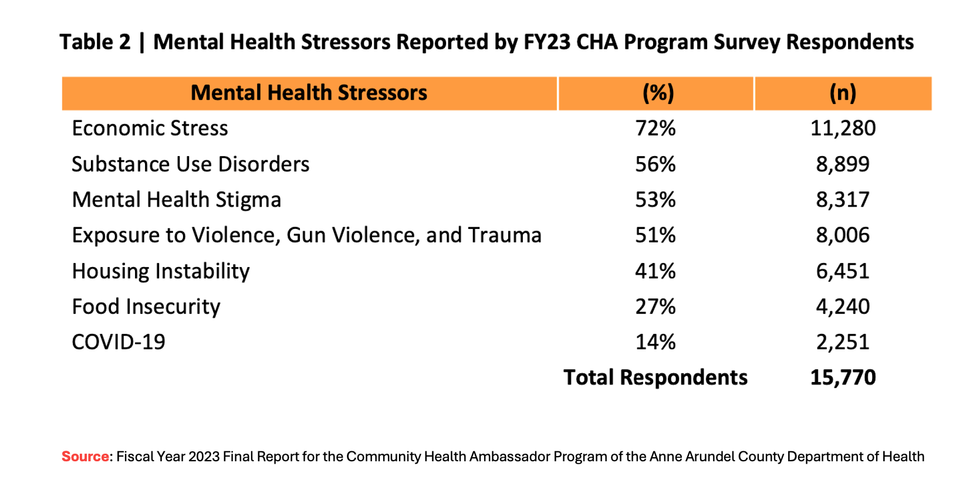In business, there’s a brutal rule: Differentiate or Die. If your product looks just like the competition’s, you don’t survive. Politics works the same way. And right now, America’s two major political parties are showing what happens when you forget that lesson.
For decades, Democrats and Republicans alike have drawn from the same neoliberal playbook. They have championed deregulation, globalization, and the supremacy of markets over government. Their rhetoric may diverge, but on core questions of who holds power, who gets protected, and who pays, the lines have blurred. Both parties are firmly creatures of the same establishment.
This convergence has had devastating consequences. It has hollowed out working-class communities, shredded the safety net, and reduced politics to a choice between two flavors of technocratic management. And the electorate has noticed.
In 2015, Donald Trump understood the opening. He differentiated. He railed against trade deals, vowed to bring back jobs, and positioned himself as the lone man willing to battle corrupt elites. His message was visceral and direct, the opposite of the Democrats’ bloodless promises of incremental relief sometime in the future, with a fresh batch of searing betrayals still stinging. It didn’t matter that his program was incoherent and transgressive (both differentiating him well against the smooth-talking politeness of the establishment’s lethal humming machine), or that once in office, he served the same corporate and military powers he had denounced on the campaign trail. His declared differentiation—unmasked now as mainly rhetorical—was, at the time, enough to galvanize millions. Such was the depth of the despair.
But Trump has now served up his own batch of betrayals (and still in progress), which has created a yawning new vacuum. By governing as a staunch defender of Wall Street, fossil fuels, and the military-intelligence complex, he has demonstrated that fake differentiation cannot last. This has opened up space for a movement that is authentically anti-establishment—if it can survive the traps that killed past insurgencies.
The establishment is skilled at neutralizing threats. It resists, but it also absorbs. Alexandria Ocasio-Cortez is a case in point. She once electrified the country as a genuine insurgent. A rebel whose unlikely election gave her the mighty power to speak truth and not care. But over time, the party folded her into its hierarchy. The latest piece of evidence came when she recently voted to fund Israel’s Iron Dome—even in this late and dark hour, as both parties continued to bankroll Israel’s genocide in Gaza. What had been a voice of sharp defiance has become another reliable vote to sustain the bipartisan consensus on empire.
This is how insurgents are defanged. And it may very well be happening again. Figures like Zohran Mamdani, fresh from victory, are already finding themselves encircled. Not only by unapologetic corporate Democrats, but even those who once branded themselves as reformers (with some still believing them to be)— e.g.,Sanders and Warren—are circling him in an effort to blunt his edge. The strategy is not outright confrontation but absorption: Adopt some of the language, echo some of the demands, while ensuring that the deeper challenge never materializes.
Insurgents must recognize these traps. Differentiation only works if it is authentic and unyielding and rooted. Trump showed that differentiation wins elections; he also showed that false differentiation collapses into betrayal, no matter how cultish one thought his movement to be. If new movements fall into the establishment’s embrace, they will meet the same fate as AOC—absorbed, defanged, neutralized, allowed (and maybe even encouraged) to protest, but never dangerous.
Authenticity means more than sharper rhetoric. It means anchoring politics in immediate, structural change: Doing away with the notion that a political party, no matter how principled, no matter how virtuous its leaders may be, is the only way to bring about change. The real way to differentiate now is to reject the whole game of politics that relies on bloated platforms, slogans, charismatic leaders, grand sweeping doctrinal visions and ideologies, and the absurd notion that one person can represent the whole spectrum of their constituency in their thousands or their millions, on every bill, on every regulation, and on every stand.
No: What is needed instead is a genuine anti-establishment movement that cuts out the middleman. Politicians have become avatars of donors, lobbyists, and parties—not of the people. The way forward is to strip them of agency altogether. To make them literal avatars of the people who elected them.
Imagine a representative whose only function is to press the voting button that the people tell them to press on every bill—no speeches, no negotiations in back rooms, no grandstanding for cameras. With today’s technology, this is not a utopian fantasy. Constituents can be informed, polled, and tallied in real time, ensuring that the votes cast in Washington mirror the will back home. This is differentiation of the deepest kind: not a louder ideology, not a new personality cult, but a structural break with politics as we know it.
The dividends of such a shift would be immense. The stranglehold of money would weaken because there would be nothing left to buy—no discretionary judgment to corrupt. Polarization would ease because the will of the people is less extreme, more commonsense, than the manufactured grand battles staged by elites and media grifters. Trust in government could be restored because citizens would finally see their preferences reflected consistently in law, bill after bill. Instead of begging politicians to listen, the people would simply decide, and the representative would transmit.
This is the authentic differentiation America is starving for—not another savior promising to fight for us within a system that makes it impossible to follow through.
Ahmed Bouzid is the co-founder of The True Representation Movement.



















